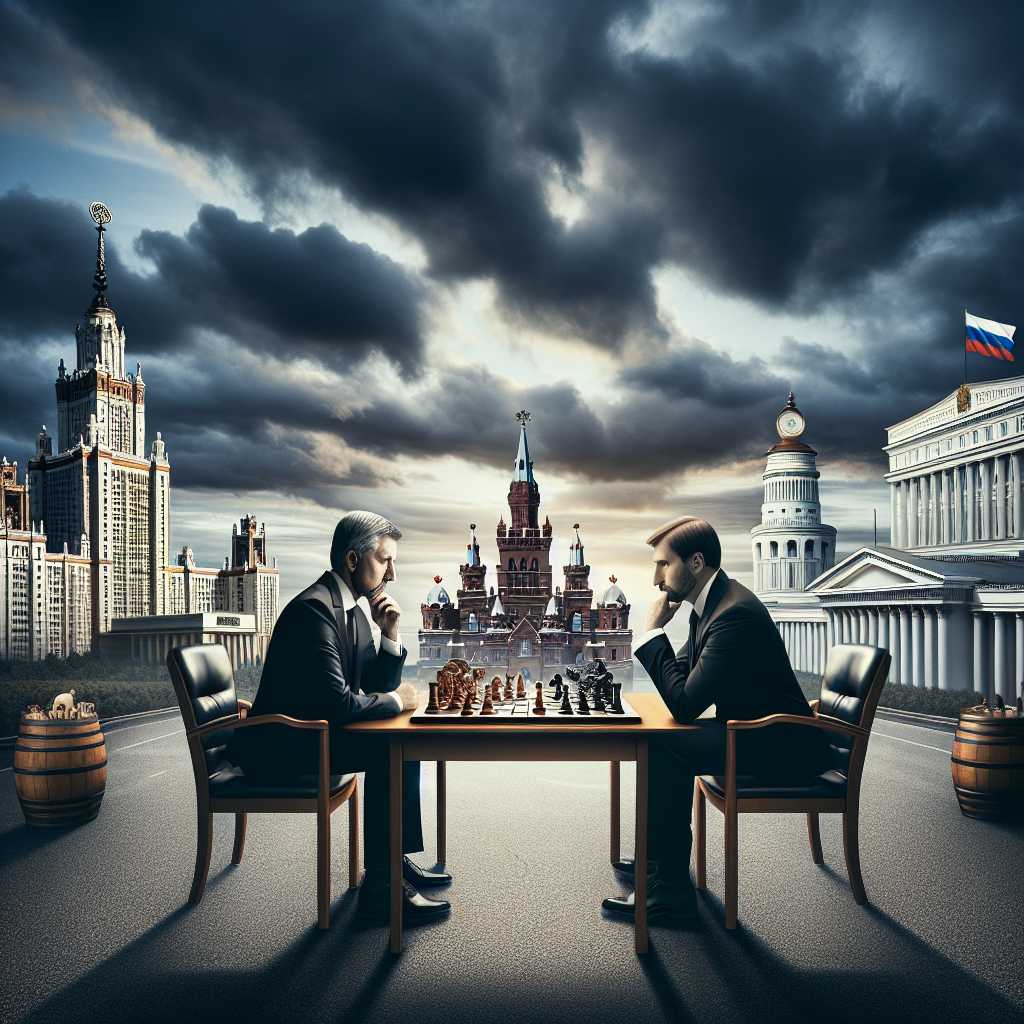Example Article
Historical Context of Trump-Putin Relations
The relationship between Donald Trump and Vladimir Putin has been a focal point of international political discourse since Trump’s 2016 presidential campaign. From the outset, Trump’s rhetoric about Russia broke from traditional US political norms, often expressing admiration for Putin’s leadership style and questioning the prevailing narratives about Russian interference in American elections. This unconventional stance sparked intense scrutiny and debate within the United States and among its allies.
Historically, US-Russia relations have oscillated between cooperation and confrontation, shaped by the Cold War legacy and post-Soviet geopolitical shifts. Trump’s tenure introduced a new layer of complexity by blurring established diplomatic boundaries. His administration pursued a mix of confrontational policies—such as sanctions on Russia for election meddling—and moments that suggested a desire for rapprochement, including summits with Putin.
This ambivalence has had lasting effects on global diplomacy, prompting analysts to reconsider how personal rapport between leaders influences broader geopolitical strategies. The Trump-Putin dynamic underscored the role of individual personalities in shaping international affairs, often overshadowing institutional protocols and traditional foreign policy approaches.
Media Narratives and Public Perception
The media played an instrumental role in framing the Trump-Putin relationship, often amplifying suspicions and conspiracy theories. Coverage ranged from allegations of collusion to critiques of Trump’s perceived softness on Russia. This intense media focus contributed to a polarised public opinion landscape, with supporters viewing Trump’s approach as pragmatic realpolitik and detractors seeing it as a threat to democratic norms.
Social media platforms further complicated the narrative by facilitating rapid dissemination of both verified information and disinformation. The resulting echo chambers reinforced existing biases, making it difficult for objective analysis to prevail. This environment highlighted the challenges democracies face when leaders’ foreign policy stances become entangled with domestic political battles.
Despite this cacophony, some experts argue that the Trump-Putin saga revealed deeper systemic questions about transparency, accountability, and the resilience of democratic institutions when confronted with external influence attempts.
Geopolitical Implications and Strategic Outcomes
The Trump-Putin relationship had tangible implications for global geopolitics. For instance, under Trump’s administration, NATO allies expressed concern over America’s commitment to collective defence, given Trump’s criticism of alliance members’ defence spending. This perceived ambivalence emboldened Russia to pursue more assertive actions in Eastern Europe and the Middle East.
Conversely, Trump’s withdrawal from certain international agreements—such as the Intermediate-Range Nuclear Forces Treaty—altered strategic balances, prompting both Moscow and Washington to reassess their military postures. Meanwhile, backchannel communications between the two leaders occasionally signalled attempts to de-escalate tensions, although these efforts were often overshadowed by conflicting signals from their respective administrations.
In sum, the Trump-Putin era exemplified how bilateral relationships at the highest level can ripple through international institutions and alliances, influencing security architectures far beyond bilateral interests.
Legacy and Lessons for Future Diplomacy
Looking back from 2025, the Trump-Putin chapter offers valuable lessons for future diplomatic engagements. It underscores the importance of balancing personal diplomacy with institutional checks to ensure continuity and clarity in foreign policy. The episode also highlights how domestic political dynamics can profoundly affect international relations, necessitating robust mechanisms to insulate foreign policy from partisan volatility.
Moreover, it calls attention to the evolving nature of information warfare and its impact on diplomatic trust. Enhancing media literacy and fostering transparent communication channels are critical steps toward mitigating misinformation’s corrosive effects.
Ultimately, while the Trump-Putin interaction was marked by unpredictability and controversy, it serves as a case study in modern geopolitical theatre—a reminder that leadership personalities matter but must be tempered by strategic foresight and adherence to democratic principles.
Notes
- Donald Trump was the first sitting US president since Nixon to meet with a Russian leader without top aides present.
- Public opinion polls during Trump’s presidency showed significant divides on perceptions of Russia’s trustworthiness.
- The US-Russia INF Treaty withdrawal marked a key shift in arms control dynamics under Trump.

